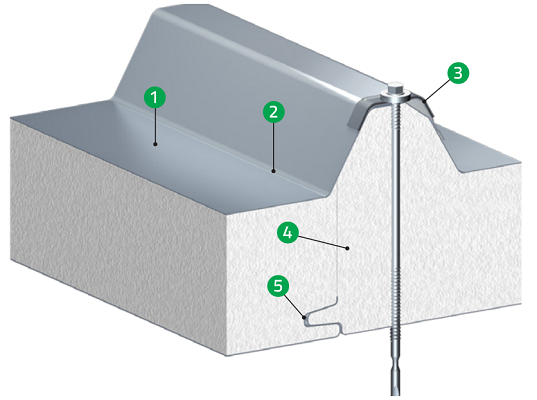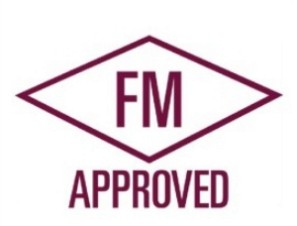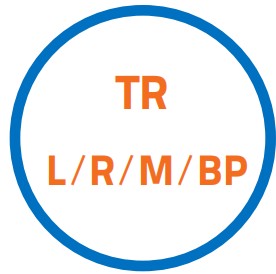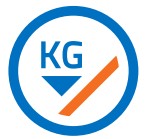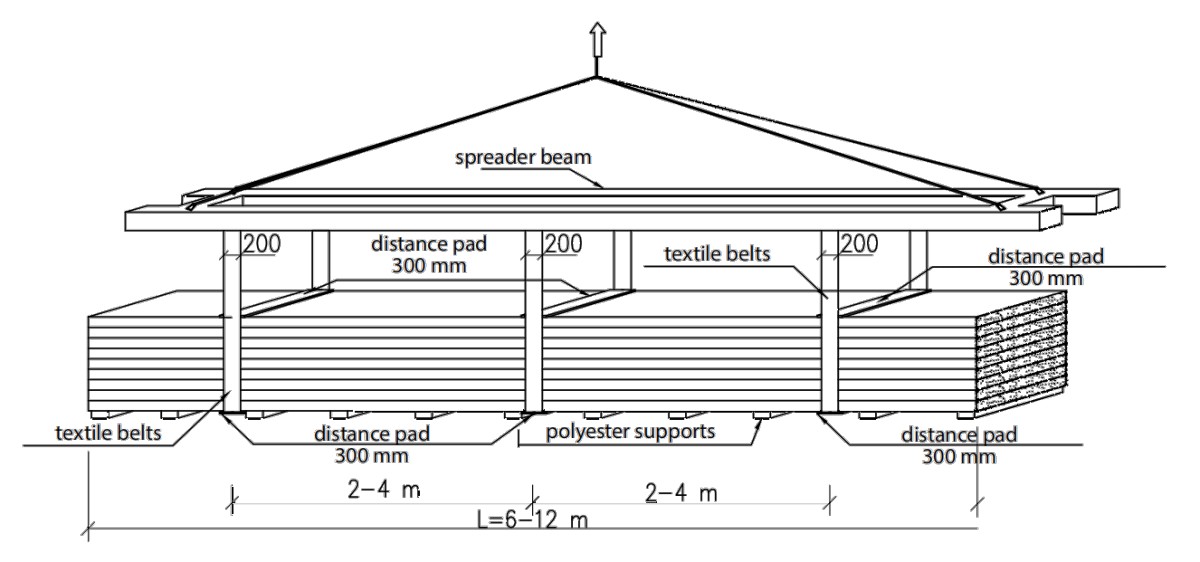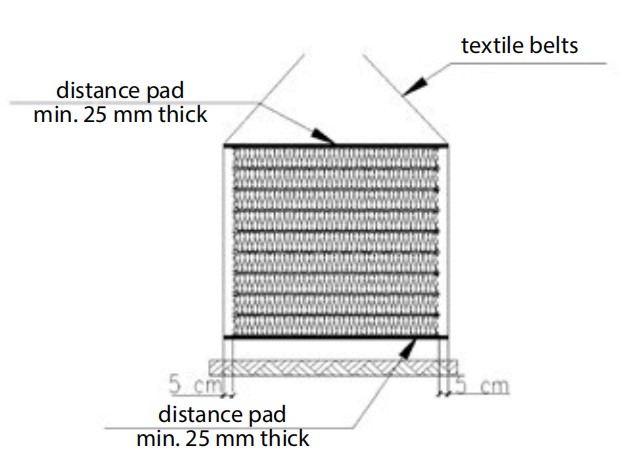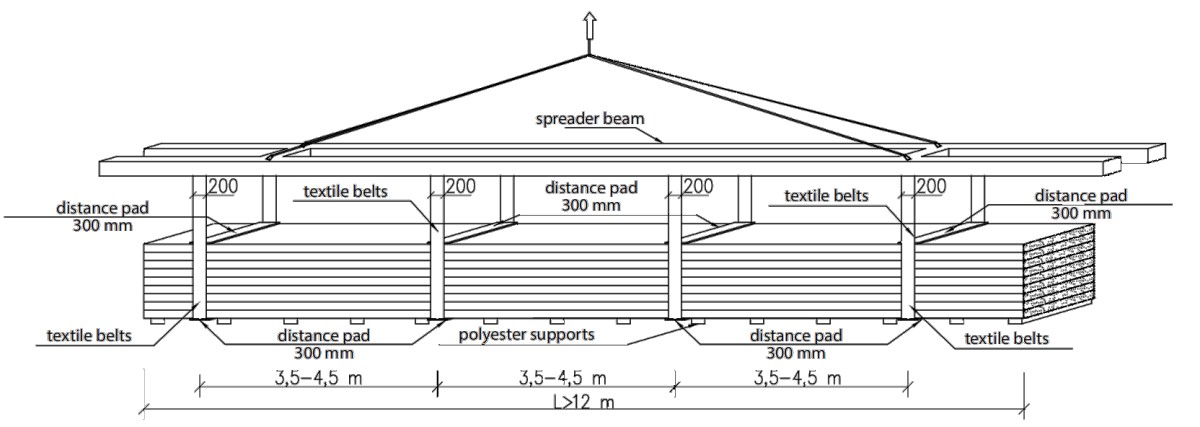PRODUCTS
Products
Contact Us
Get A Quote
Product Details
Our advantages
Imported production line from Europe
Highest quality raw materials
Innovative solutions
Expert technical assistance
Reliable and professional service
After-sales support
Comfortable
Safe packing & delivery
Junda sandwich panel declares that the offered panels are manufactured in accordance with PN-EN 14509 standard and are subject to the Factory Manufacture Control arising from this standard. Burning behaviour tests have been carried out at the notified laboratory Fires in Slovakia.
Burning behaviour parameters of panels with PUR core are given in accordance with PN-EN 14509:2010 standard.
Burning behaviour parameters of panels with PI/PIR+ core are given in accordance with PN-EN 14509:2013 standard.
Balance of benefits
Sandwich panels with coated metal lining have been used in building industry for over 40 years. Some of the benefits of using our sandwich panels are:
Thermal insulation.
Thermal conductivity of panels with polyisocyanurate foam core is 0.022 W/mK.
Durability.
Protection against weather conditions, maintaining properties and appearance for many years. When coating is properly selected for local conditions, several years’ durability of panels may be reached without any problem.
Waterproofness.
Water, snow and damp will not get through. Perfectly finished joints ensure complete waterproofness for many years, if installation standards are followed.
Sound absorption.
Properly selected core material can give very good noise insulation parameters. They are particularly important if insulation of outside noise, reduction of industrial noise propagation to the outside of the building or noise reduction within the building is required.
Fire resistance.
Properties according to the needs. Proper type of core can ensure reaching fire resistance class up to A (mineral wool). This enables protection of escape routes and separation of fire compartments from each other.
Easy and quick installation, low construction costs.
10mm thick PUR/PIR foam panel has the same heat-transfer coefficient U as a 390 cm thick aerated concrete wall, or a 290 cm thick brick wall.
Resistance.
Roof panels can withstand the load of snow and wind depending on their thickness and climatic zone, with supports placed every 3 m. Wall panels in most cases can be used with supports span of up to 6 m. This results in real savings in terms of the supporting structure and also in the costs of the entire building.
Benefits for the natural environment.
Entire power input in the production of the material used for thermal insulation of the building pays for itself after two or three years from installation, on average. Materials used in production are recyclable. Steel can be easily reused. Waste core materials can also be recycled, while production of the panels itself is not harmful to the environment.
Comparison of the same insulation effect with different thicknesses.
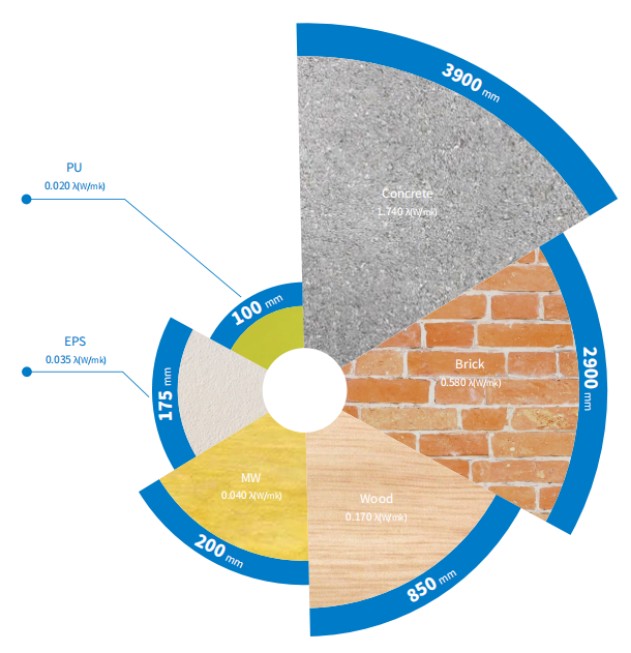
Capabilities
Lining
Stainless steel
PUR/PIR/PIR+ panels are also manufactured with stainless steel cladding.
Profile types
Thanks to the variety of profile types of JUNDAPANEL sandwich panels lining and a wide selection of paint coats in various colors, our products can give a unique character to any building.
EPS sandwich panels
General characteristics
Core
Expanded polystyrene foam is a porous plastic obtained by expanding granules of polystyrene. It is consists of interconnected, round closed cells filled with polystyrene foam. Porous structure of the expanded polystyrene foam is complemented by small air voids between the expanded granules. Being a synthetic material, expanded polystyrene foam is resistant to water and humidity, and moreover has high diffusion resistance which minimises its water vapour permeability. Density of expanded polystyrene is related directly to its strength parameters and thermal conductivity. The core of Jundapanel sandwich panels is made of optimally selected material – proper expanded polystyrene with density ≥ 15 kg/m3.
Benefits
The core of JUNDAPANEL EPS sandwich panels is made of expanded polystyrene boards. Expanded polystyrene has very good insulating and thermal properties, which is reflected by thermal conductivity rating:
λ = 0.040 W/m*K
Panels with EPS core also have satisfactory noise insulation properties which are characterized by specific acoustic resistance coefficient:
NRO
fire retardant
Proper joint profile guarantees perfect leakproofness, preventing air infiltration and ensuring steam and blowing rain resistance.
Wall panels are available in three types:
• JundaWall
Standard wall panel. Thickness range: 40 to 150 mm. Suitable for walls, to be installed vertically or horizontally. Fastening to the structure with screws through the panels.
Roof panels are available in two types:
• JundaRoof
Suitable for pitched roof with small and medium pitch angle. These panels have trapezoidal outer surface. Thickness range: 60 to 150 mm. On request JundaRoof panels may be produced with a lap joint which enables longitudinal assembly. The lap joint may be left-sided or right-sided.
JundaRoof EPS
The JundaRoof EPS sandwich panels are designed for use as roofs for various buildings. Fastening to the supporting structure is carried out with use of self-drilling screws.
Product specifications
Attention: The weight of the panels are calculated according to the thickness of 50mm panel.
Guidelines
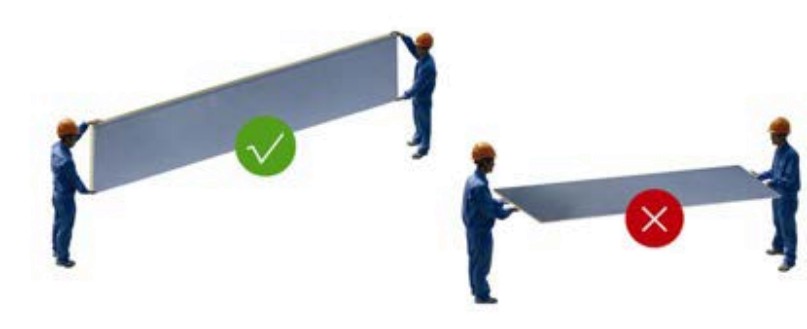
Recommended means of transport and its technical conditions:
Lorries with an open load-carrying body or an open trailer enabling loading long panels (up to 13.60 running metres ) from both sides of a car constitute the basic means of transport for sandwich panels.
The following technical conditions are recommended for vehicles for transporting sandwich panels:
• load-carrying body with canvas cover (“CURTAIN” type)
• load-carrying body longer than transported panels (a package of panels should be placed on the platform in its entire length)
• transport belts holding the load should be placed on a package of panels on each support (belt tension can deform panels)
Unloading & transport:
Check if the package is complete and specify any possible inconsistencies immediately upon delivery.
For packages up to 6m it is permissible to use forklift trucks of adjustable fork width, min. fork span 2m at min. width 150mm. While unloading the products with forklift trucks, pay particular attention to fork length and thickness, so as not to damage the second row of products in the vehicle and the upper cladding of lower packages.
Manual unloading is permissible for products of up to 6 m length, when taken down one byone, and with special caution. Dragging the products on the floor and on one another is forbidden.


Packages of products longer than 6m must be lifted on transport belts by means of a spreader beam. Recommended belt span for packages from 6 m to 12 m is 2-4 m at their min. width 200 mm. For packages of over 12 m length , transport belt span is 3,5-4,5 m, at their min. width 200 mm. It is recommended that the belts are placed on distance pads of min. 300 mm width and min. 25 mm thickness, on the upper and lower package panel.
Using suspensions from steel lines or chains is forbidden. It is inadmissible to lift the packages on clamping or crossing belts, or using any other methods that might damage the product.
Panel storage:
Packages should be stored on flat ground with a slight inclination, to make sure all the pads lie on the surface precisely and rainwater is drained from the areas in between the packages. It is allowed to store two packages placed one on another at the most.
Storing in closed, airy spaces is recommended, at normal temperatures, away from acids, lye, and other corrosive substances. When stored in the open air, the packages must be secured against rain and dirt by means of tarpaulins that give access to air flow. Remove the protective film from the product no later than after 2 months of the date of production.
Small repairs and maintenance:
All damage to coating caused during transport or assembly should be covered with touch up paint. Maintenance of sandwich panels consists in performing regular inspections and securing potential damages. During inspection close attention should be paid to uncovered edges and joints.
FAQ
1. How to control the quality of your product?
a) Quality of the design: think about possible problems in advance and provide a high quality design solution.
b) Quality of the raw material: choose the qualified raw material
c) Quality of the production: precise manufacturing technique, experienced workers, strict quality inspection.
2.How about your lead time?
It will take 3-7 days for budget and design according to the drawings after receiving the
deposit. 20-40 days if there are some special sizes.
3. How can we guarantee quality?
Always a pre-production sample before mass production;
Always final Inspection before shipment;
4.What can you buy from us?
sandwich panels,PUR sandwich panels,PIR Sandwich panel,cold storage sandwich panels,rock wool sandwich panels
5. How long is your warranty? What kind of after-sale service can you provide?
Our warranty is 1 years since the project done.
During the warranty time, if anything has problems, we will replace it.
If you can’t handle it, we will send engineer come to solve it without any charge.
Online Consultation
Leave a Message
Thank you for your interest in our products. "*" Indicates the Fields are Mandatory
Please enter what you want to find


